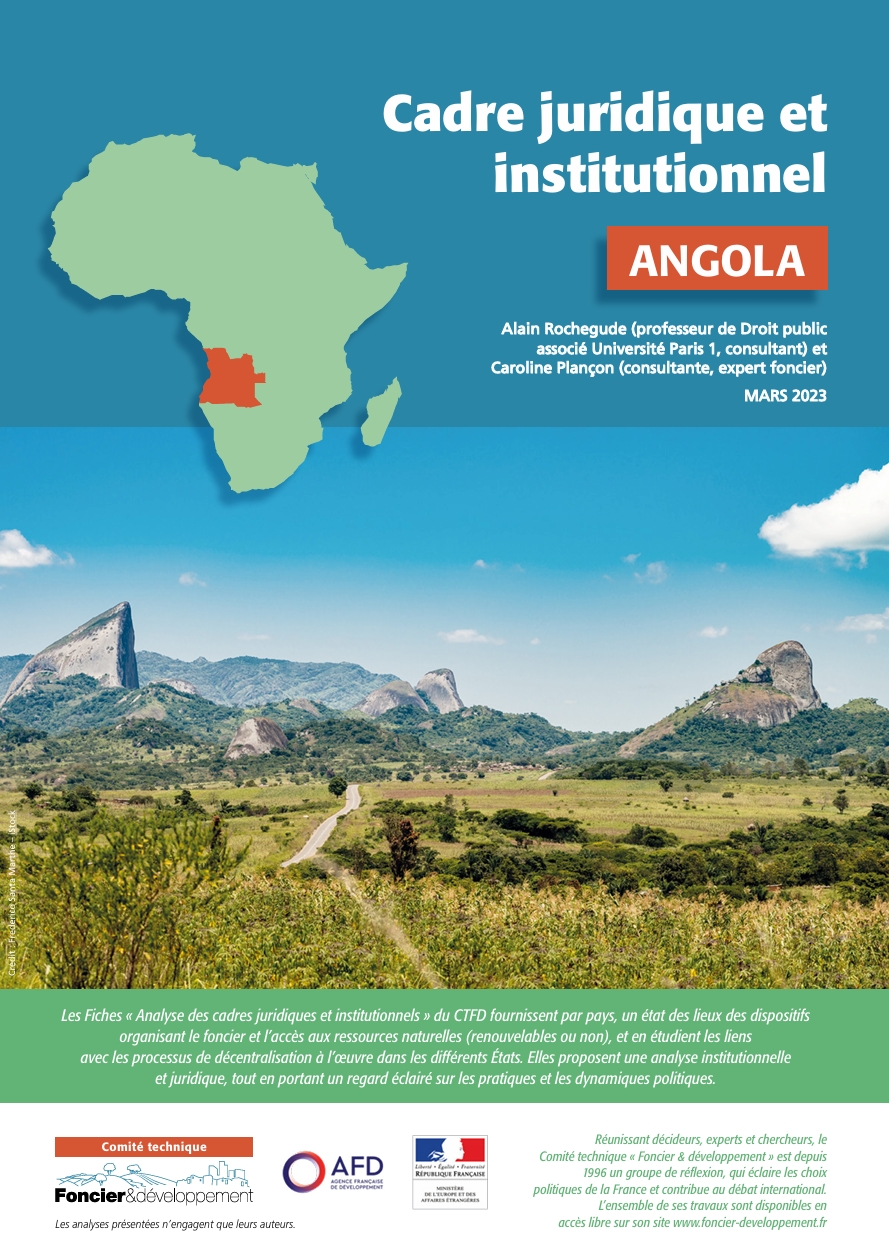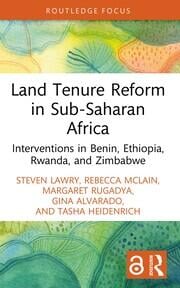Les fiches « Analyse des cadres juridiques et institutionnels » du CTFD fournissent par pays, un état des lieux des dispositifs organisant le foncier et l’accès aux ressources naturelles (renouvelables ou non), et en étudient les liens avec les processus de décentralisation à l’œuvre dans les…
After two years of organizing the LAND-at-scale Exchange in Utrecht, the third LAND-at-scale exchange took place from June 9th to June 13th in Uganda, hosted by LAS partner UN-Habitat/ Global Land Tool Network. Nearly 60 LAS country and knowledge partners came together in Kampala to exchange…
Nous sommes ravis de partager avec vous la publication récente de l'Organisation Panafricaine des Agriculteurs (PAFO) : Gérer les Connaissances des Agriculteurs : "Bonnes expériences et pratiques prometteuses, de l'événement global de gestion des connaissances du FO4ACP".…
This book examines the impacts of land tenure reform interventions imple-mented in Benin, Ethiopia, Rwanda, and Zimbabwe.Since 2000, many African countries have introduced programs aimed at providing smallholder farmers with low-cost certificates for land held un-der customary tenure. Yet there…
This report provides an overview of the CGIAR Food Systems Accelerator (CFSA) program’s Kick-off workshop held at Norrsken House in Rwanda. The Kick-off workshop serves as a key milestone for the program because it is the official commencement of the technical assistance of the first cohort of…
The purpose of this brief is to identify and summarize the critical bottlenecks related to the policy and regulatory environment, infrastructure, and public services that constrain the expansion and diversification of Rwanda’s intra-regional trade and value addition. Unlike Africa’s trade…
Information and communications technologies (ICTs) play a key role in improving agricultural production, enhancing socio-ecological resilience, and mitigating rural poverty. However, the use of ICTs for agricultural development among smallholder farmers, especially in the least developed…
Today, most African countries have dysfunctional municipal waste management system, negatively impacting the environment and human health. However, as most of this waste is recyclable, informal actors are making their income out of the collection/sorting of waste. Accounting for the risks…
This report provides a comprehensive statistical overview of agricultural household data collected by IFPRI from a smallholder commercialization survey in late 2022. Sampled to be representative to the provincial level, ten households were surveyed in 202 villages for a total of 2,020 households…




